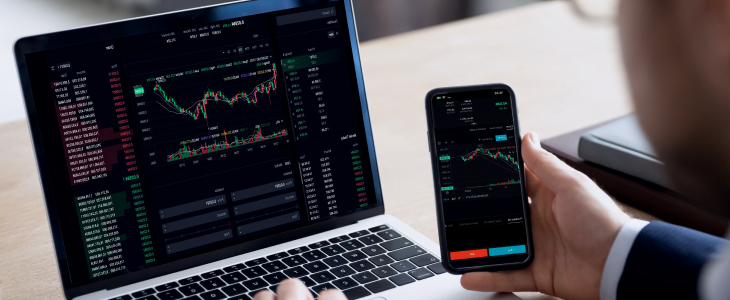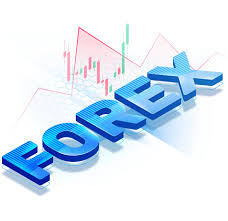
The landscape of global forex trading is vast and dynamic, characterized by unparalleled liquidity and complexity. Investors and traders from around the world engage in currency exchange to leverage market fluctuations and trade through various instruments. One such innovation that facilitates this trading is the global forex trading Crypto Trading App, enhancing access and functionality for users. Understanding the fundamentals of forex trading is essential for anyone looking to profit in this marketplace.
What is Forex Trading?
Forex, or foreign exchange trading, is the process of converting one currency into another at an agreed rate. It operates as a decentralized global market, where every currency pair can be traded. The forex market is open 24 hours a day creating a continuous opportunity for traders to buy and sell currencies. With a daily trading volume exceeding $6 trillion, it represents one of the largest financial markets in the world.
The Mechanisms of Forex Trading
At its core, forex trading operates on a system of currency pairings. For instance, if a trader believes that the Euro will strengthen against the US Dollar, they may buy the EUR/USD pair. Implicit in forex trading is the idea of speculation and hedging. Speculators aim to capitalize on movements in currency values, while hedgers use forex to protect themselves against unfavorable currency fluctuations.
Key Players in the Forex Market

The forex market encompasses a diverse spectrum of participants, including:
- Central Banks: Responsible for implementing monetary policy, these institutions often intervene in the forex market to stabilize or increase the value of their currency.
- Commercial Banks: Acting as market makers, commercial banks facilitate transactions for clients and engage in proprietary trading.
- Hedge Funds and Investment Firms: These entities often engage in large volume trading, speculating on currency movements to generate profits.
- Retail Traders: Individual traders now have access to the forex market via trading platforms, making their participation increasingly relevant.
How to Start Trading Forex
For those interested in entering the forex market, here are the essential steps:
- Choose a Reliable Broker: A trustworthy forex broker is crucial. Look for regulators, transparent fee structures, and reliable trading platforms.
- Understand Currency Pairs: Familiarize yourself with major, minor, and exotic currency pairs, and understand how they correlate with one another.
- Develop a Trading Strategy: Successful trading requires a strategy. Consider various approaches, including day trading, swing trading, and scalping.
- Practice with a Demo Account: Most brokers offer demo accounts. Use these to hone your skills without risking real money.
- Stay Informed: Economic indicators, geopolitical events, and market sentiment play significant roles in currency movements. Stay updated with relevant news and analysis.
Risks of Forex Trading
While forex trading presents opportunities for profit, it is not without risks. Some key risks include:

- Market Volatility: Currency prices can be extremely volatile, presenting both opportunities and risks.
- Leverage Risks: Forex brokers often provide high leverage, allowing traders to control large positions with small capital. However, this can lead to significant losses.
- Counterparty Risks: The potential for broker insolvency can expose traders to additional risks.
The Impact of Forex Trading on Economies
Forex trading plays a vital role in the global economy. It affects international trade, investment flows, and macroeconomic indicators. A weaker currency can make exports cheaper and imports more expensive, thus influencing trade balances. Conversely, a strong currency may enhance import purchasing power but negatively affect export competitiveness. This interconnectedness underscores the importance of forex trading not only for individual investors but also for national economies.
Technological Advancements in Forex Trading
The emergence of technology has transformed forex trading significantly. Algorithmic trading and automated systems are now commonplace, allowing traders to execute orders at high speeds and more efficiently handle risk. Additionally, mobile trading apps have granted unprecedented access to the forex market. Traders can now trade from anywhere in the world, increasing the overall participation in the forex market.
Conclusion
In conclusion, global forex trading offers expansive opportunities for profit and economic insight. Understanding its mechanisms, risks, and implications is vital for both new and seasoned traders. With millions of transactions occurring daily and advanced technological tools available, navigating the forex landscape can be both rewarding and challenging. As with any investment, a solid strategy and ongoing education is the cornerstone of success in this dynamic field.
